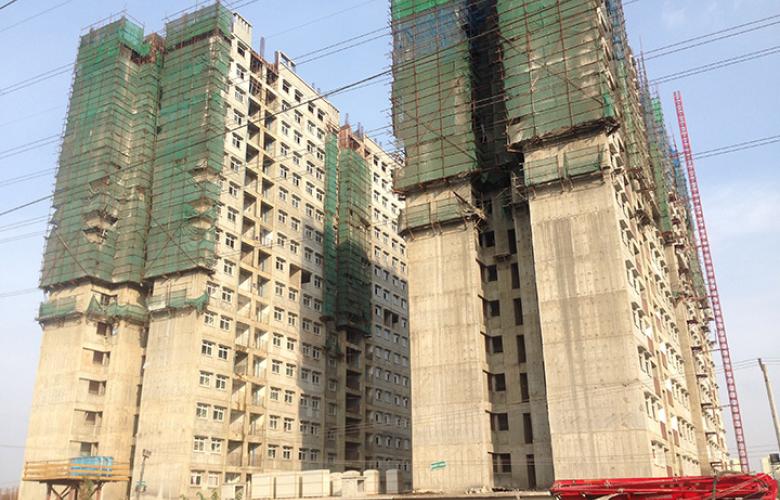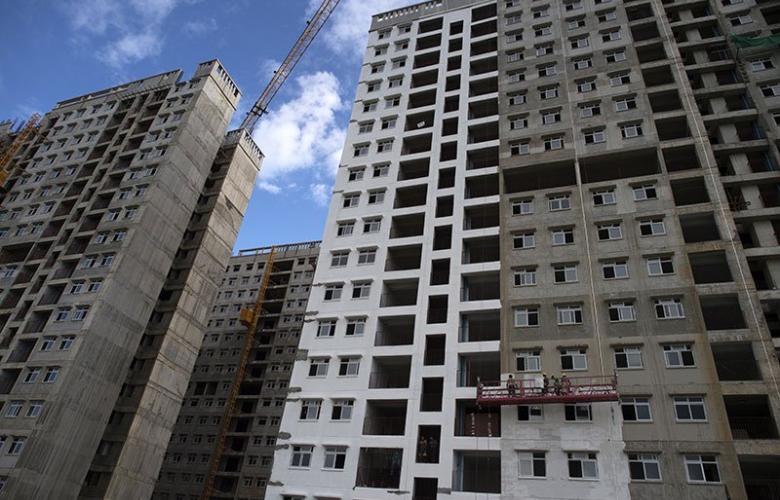Public private partnerships expected to meet Myanmar's affordable housing needs
Contact
Public private partnerships expected to meet Myanmar's affordable housing needs
DUHD positive on developer investment opportunities, while MCEA pushes for greater regulatory clarity at Myanmar Infrastructure Summit 2018.
Myanmar’s government is co-ordinating with development partners and private companies to develop a plan to meet the country’s low-income housing requirements, according to speakers at the recent Myanmar Infrastructure Summit 2018.
In an address on day two of the Summit, the Department of Urban and Housing Development (DUHD)’s Deputy Director, Win Naing, estimated that an additional 4.8 million units would be needed by 2040 as Myanmar’s population grows to over 70 million people. Around 1.07 million of these units, just over 22 per cent, are expected to be in Yangon.
“Here in Myanmar, due to poor infrastructure and municipal services, most of the housing projects have to invest a lot. Housing is a long-term investment, takes a long time to develop, and is cyclical by nature,” said Win Naing.
The DUHD is planning to develop 20 per cent of the total required units, with 90 per cent of these for low income housing. The remaining 10 per cent will be in the middle income bracket. According to Win Naing, the Union government has provided 100 million kyat (Bt2.34 million) for housing development. Other sources of funding include a development assistance loan of 15 billion yen (Bt4.47 billion) from Japan and a US$4 million (Bt124.69 million) grant for low-income focused community basic infrastructure development from the Asian Development Bank.
Government touts investment opportunities
Myanmar has allowed private sector participation in the construction industry since 1990 and since the enactment of the Condominium Law in 2016 foreigners have been allowed to co-develop condominium projects and to own property. Less than 40 per cent of a condominium project may be sold to foreigners.
Win Naing said he believes this will encourage foreign companies to develop housing projects in the country, with many potential investment opportunities for developers in areas such as land development, infrastructure development, high-rise apartments and mixed-used development projects.
Private companies are also expected to take on the bulk of affordable housing projects.
Representing the Myanmar Construction Entrepreneurs Association, Ye Linn said construction companies in Myanmar were facing major challenges, including a lack of clarity on regulations, land acquisition, tax relaxation, and labour issues, as well as issues with technology, experience, infrastructure and access to finance.
Despite this, Ye Linn said his group would commence a three-year project this year, worth $200 million. The project is expected to supply 20,000 housing units by 2020.
Four new mega-projects will also be implemented by the DUHD using public-private partnership (PPP) schemes: the New Mandalay Resort city project on MandalayPyin Oo Lwin Road; the "Green City" and Korea/Myanmar industrial complex projects on the Yangon/Mandalay highway; and Yangon’s "Smart District" project, which is developing high-rise housing in Ayeyarwun and Yadanar.
Construction industry expected to be a major driver of growth
Win Naing said he expected construction to boost growth within the real estate sector, saying that “midterm growth forecasts remain positive because the government has been active in the implementation of affordable housing projects in recent years”.
“A surge in new infrastructure projects and upgrading of urban and national transport networks will drive the real estate sector growth here,” he said.
Ye Linn urged the government to draw up a masterplan for affordable housing implementation to create a favourable environment for investors.
“While project funding traditionally comes from the government’s budget, it is important to explore private funding that could be secured through PPP projects,” he said.
Similar to this:
Have the affordability issues been addressed in the Yangon condominium market?
Competition exerts downward rental correction on the Yangon office market
Landlords face new competition ahead in the Yangon serviced apartment market








